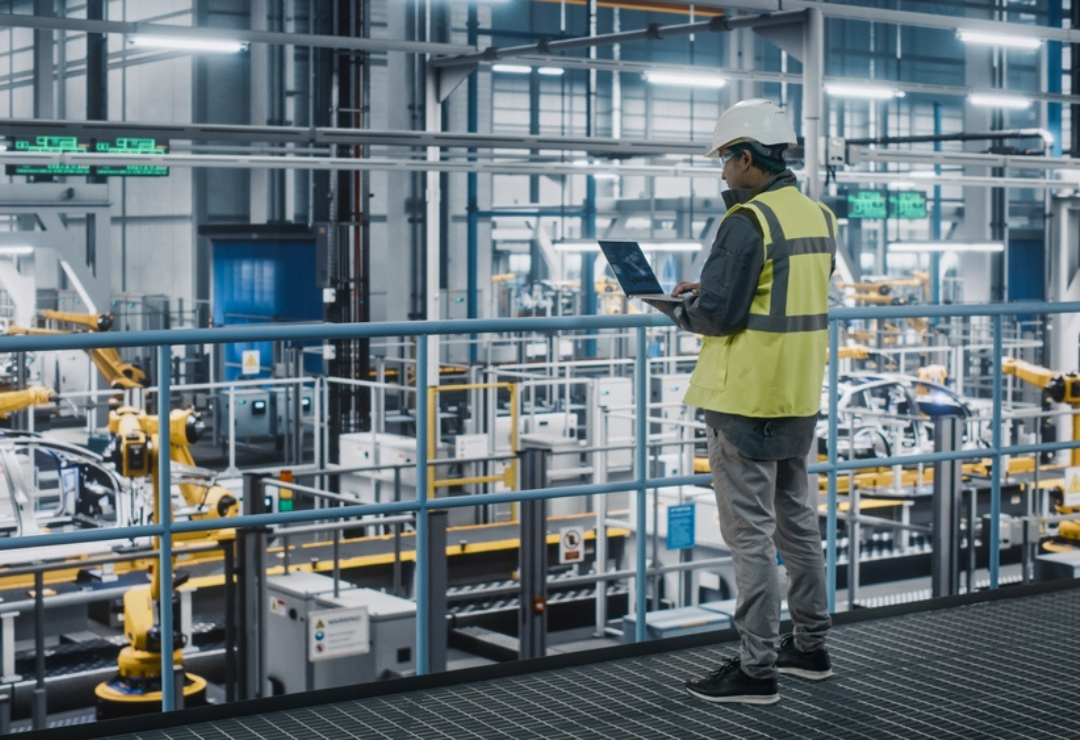Beyond Automation
From self-driving cars to drone delivery services, advances in technology are changing the face of transportation. However, these advances also transform companies’ business models, affecting the role of workers in the mobility ecosystem. If the latter remain essential to provide human services to human beings, we must re-think their place and prepare accordingly.
To listen to the recording of the article below, please accept all cookies.
Cities, regions, and industry partners will need new competencies along with new technologies to achieve sustainable mobility goals, but the way to obtain these competencies is still unclear. Local authorities and academia have a key role to play, but the Valencian public transport operator EMT showed in the WE-TRANSFORM project that transport companies are actually in the best position to anticipate and embrace innovations. As EMT Project Manager Luis Roda says, 'Automation and digitalisation are not a must: they must serve people who go from A to B'.
In Valencia, public transport is continuously adapting to leverage the opportunities presented by data sharing and vehicle connectivity, resulting in a significant boost in operational efficiency over the past decade. But how do they ensure widespread adoption and proper utilisation of these innovations?
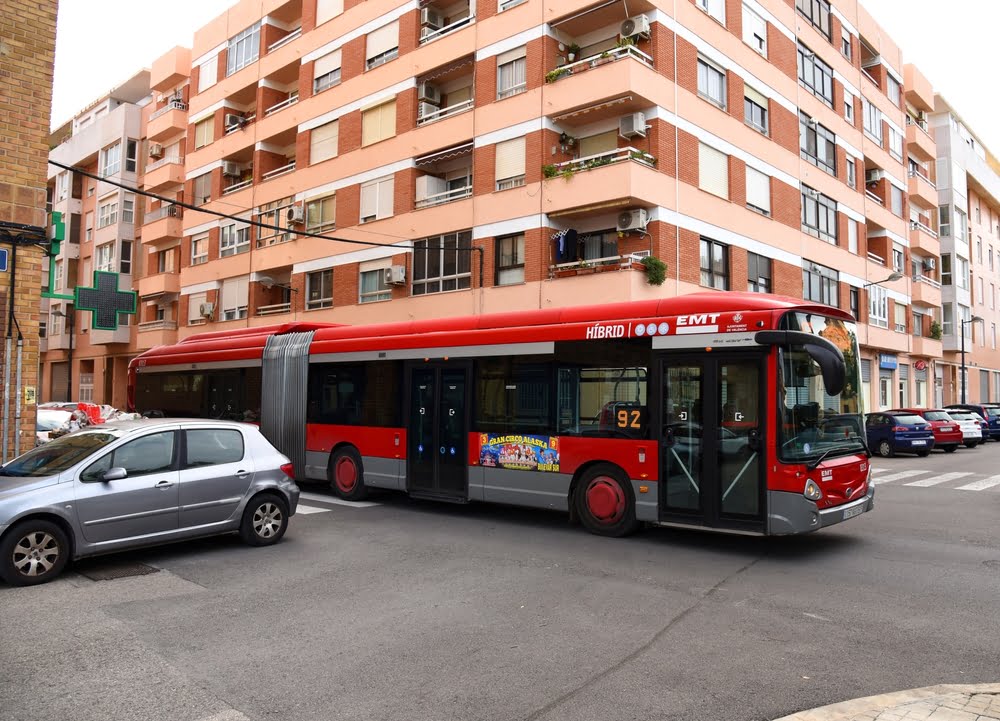
EMT bus in Valencia. Credit: ilolab, Shutterstock
EMT believes in enhancing service quality alongside improving working conditions. This includes equipping drivers with the necessary skills to operate various bus types efficiently. The company provides 20 hours of training to all employees, which is completed outside of working hours, and to compensate for this commitment, workers receive additional holidays. The theoretical aspect of driving is covered through online courses and accessible documentation, and trainees receive comprehensive education on driving under different conditions, such as extended hours, time constraints, traffic stress, and honing particular social competencies.
Honing human skills in an automated, digitalised world
As bus trips are increasingly changed and influenced by automation and digitalisation, the assistance of EMT employees becomes more and more important.
This is particularly true for passengers who encounter difficulties, such as not being able to pay for tickets online, lacking an understanding of the Spanish language, or struggling to find information about schedules and bus stop locations — EMT employees play a vital role in helping these passengers navigate and enjoy their bus journeys.
Social skills are therefore a key aspect of the company’s training program, as Luis Roda noticed in a WE-TRANSFORM webinar organised within the POLIS Just Transition series:
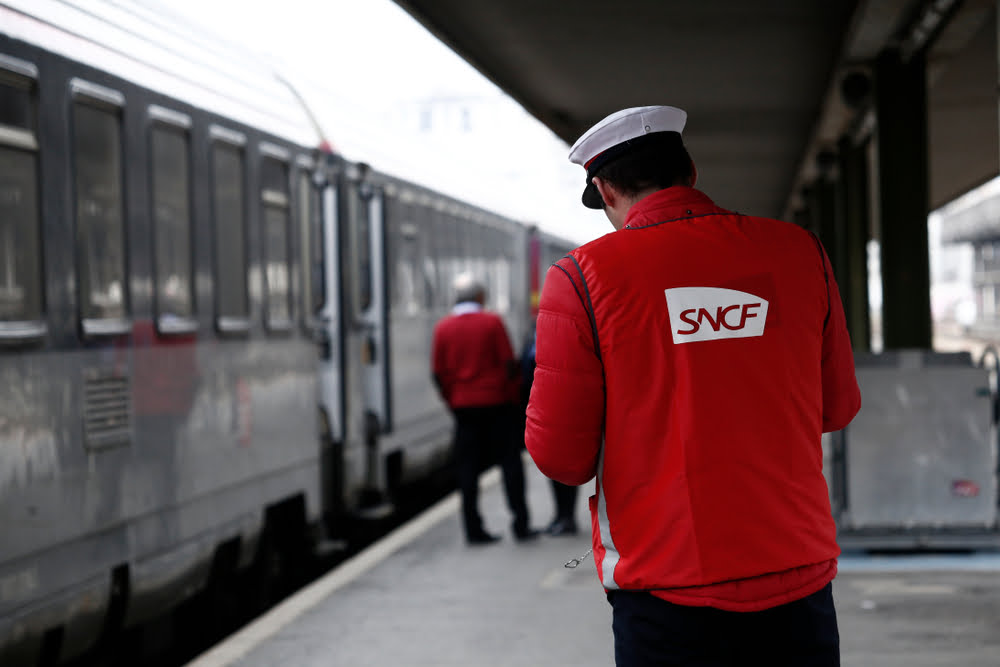
SNCF worker at Gare de Bercy. Credit: Alexandros Michailidis, Shutterstock
'Users have become part of the transport workforce, self-providing services with new tools like journey planning apps and tickets machines. The transport workers’ role is to support this new type of workforce, and transport companies must provide the adapted training opportunities with the trainer reskilling programs'.
Effective planning is crucial for fostering the acquisition of appropriate skills for emerging transport services, all while upholding job quality and ensuring satisfactory working conditions.
In Spain, relevant training obligations are legally mandated in the workplace, and public procurement initiatives provide support to companies in this regard. Moreover, a comprehensive framework exists for teleworkers' working conditions, along with regulations pertaining to information security and data protection. However, Luis Roda emphasises the need for European Union support and harmonisation, and even advocates for a global approach to address this challenge.
More than reskilling
In addition to reskilling and incorporating innovative practices into transport services, the effective management and organisation of new transport systems also demand careful preparation.
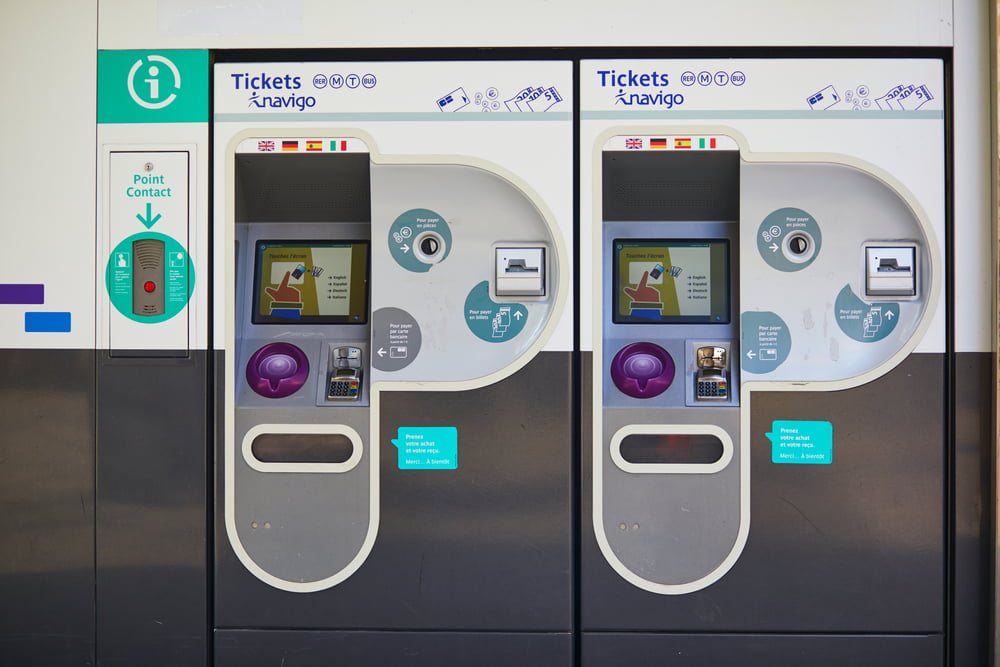
Ticket vending machines in Paris. Credit: Ekaterina Pokrovsky, Shutterstock
As emphasized by a French autonomous shuttle operator in discussions with WE-TRANSFORM partners, the younger generation of workers no longer accepts traditional work constraints. Today's managers are adopting a more human approach, leveraging digital tools to enhance flexibility in workforce management. A prime example of this can be seen at SNCF, the French national railway operator, where software enables employees to have greater autonomy in selecting their work hours and exchanging shifts with their colleagues.
Innovations in the transport sector are not only aimed at improving efficiency but also addressing the current shortage of skilled professionals. Meanwhile, they contribute to the improvement of working conditions with a reduction of physically arduous or hectic tasks, as observed with the automation of metro lines in Paris, for example. Fostering the digital integration of workers also creates both a sense of belonging and social recognition, which plays a crucial role in instilling job pride and enthusiasm among workers. By leveraging these technological advancements, the industry aims to make transport labour more attractive and ultimately compensate for the shortage of professionals in specific fields.
When that pizza delivery makes you question everything
While digitalisation has brought advancements — especially for delivery services, it has also given rise to precarious employment within the platform economy.

Food delivery at the touch of a button. Credit: Koshiro K, Shutterstock
A growing number of gig workers find themselves compelled to transport goods regardless of weather conditions and at the behest of client demands, often compromising their safety on the roads. Unfortunately, these workers often lack alternative job opportunities due to the specific certifications required or the need for task flexibility only found in this type of work.
Recognising these issues, stakeholders participating in a WE-TRANSFORM focus group discussion in 2022 concluded that the concept of work needs to be reevaluated. It calls for establishing standards and regulations that prioritise the well-being of workers while providing more convenient options for both workers and customers or users. As the digital delivery landscape evolves, it is crucial to address these concerns and create a more equitable and sustainable approach to work within this industry.
Car manufacturers getting it right
Some car manufacturers have improved factory environments to enable workers to focus on ergonomic tasks, while robots handle more challenging aspects and software streamlines monitoring processes [1]. These developments have sparked constructive dialogues between companies and unions, allowing them to determine where digital and mechanical support is most beneficial. However, both managers and workers have raised issues about the proliferation of digital systems without adequate connectivity, resulting in time-consuming interactions with robots, chatbots, and apps: connecting systems with self-explanatory and intuitive features is crucial to foster innovation uptake among transport workers.
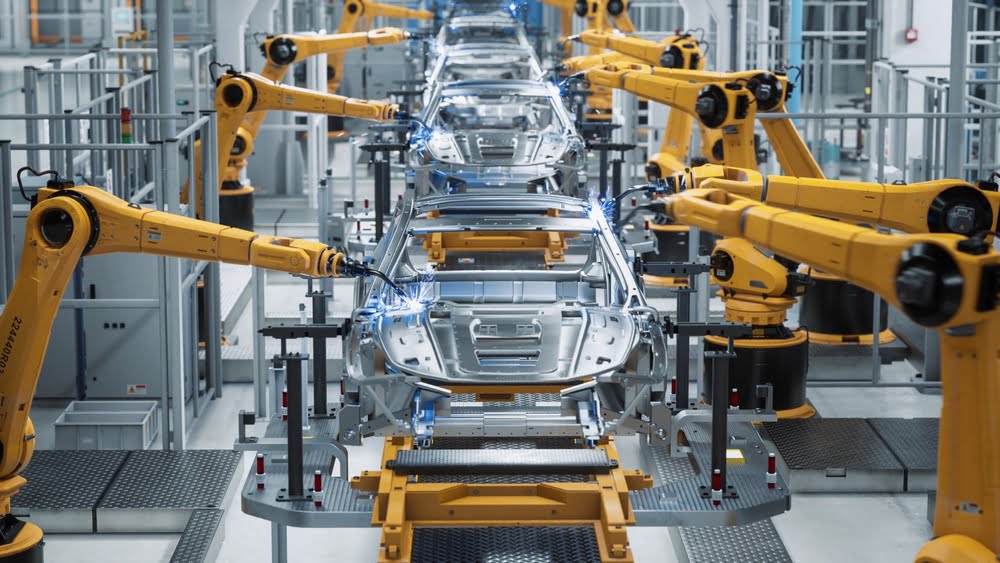
Automated assembly line at a car factory. Credit: Gorodenkoff, Shutterstock
On the other hand, automation has introduced a lack of ownership in the production chain of vehicles, leading to diminished interest in tasks and a potential decline in overall quality. While digital services may partially compensate for these downsides, they do not necessarily improve workers' conditions. Furthermore, the prices of technology can influence salary levels: if a robot is capable of performing the same tasks as an employee in a cheaper way, companies may be inclined to reduce wages or even lay off workers in favour of automation — a scenario that would, however, become viable only when AI and robotics reach a significantly higher level of automation and precision.
Balancing the benefits and challenges posed by automation and digitalisation requires careful consideration of their impact on transport workers. Prioritising connected systems with intuitive interfaces, addressing concerns about task ownership and work quality, and ensuring fair compensation amid evolving technology will be crucial to fostering a positive and sustainable environment for transport labour.
[1] Interviews conducted in the framework of WE-TRANSFORM Deliverable 4.1
What's left to say
To fully grasp the multidimensional nature of mobility transformation, including the impacts of automation and digitalization, a comprehensive approach is essential. This approach should encompass all transport modes and sectors, such as planning, services, and industry, as well as consider all types and levels of jobs involved.
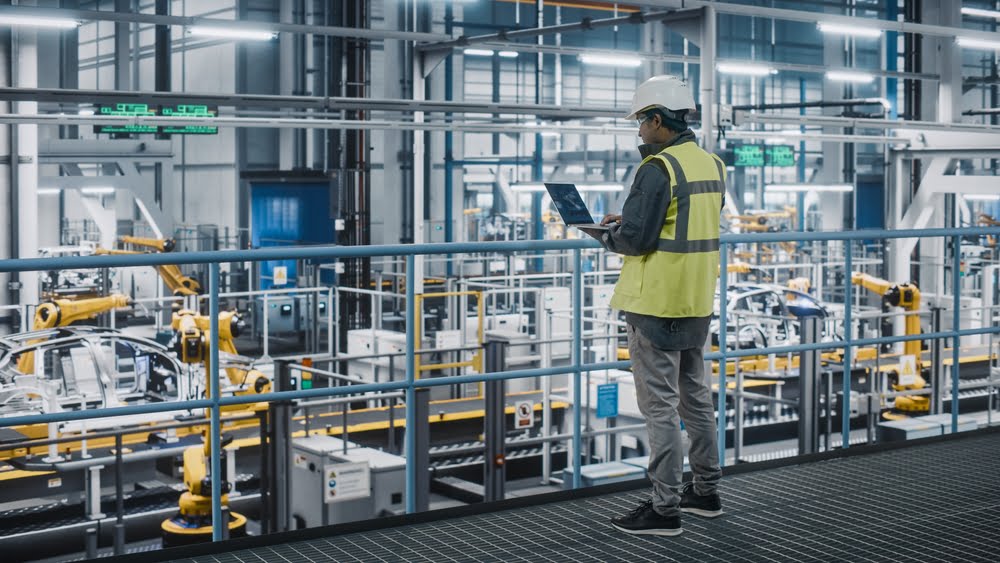
Engineer at work in an automated car assembly plant. Credit: Gorodenkoff, Shutterstock
A European perspective is necessary to address diverse regulations and provide the required human and financial support. Simultaneously, a local perspective is crucial because users are geographically defined and play a significant role in shaping how innovation affects transport jobs. Moreover, transport workers are also citizens, and local authorities hold the responsibility for transport services.
In pursuit of these goals, the WE-TRANSFORM project engages stakeholders through focused discussions to develop an agenda with actionable recommendations across different policy levels. Together, we can work towards a comprehensive and sustainable future of mobility.
Click here to read the article in its original format.
About the authors:
Manon Coyne is a Project Manager at POLIS and oversees the network’s new Capital Cities Working Group. She works on urban transport innovations from a social and operational perspective, investigating air quality challenges and solutions, public transport improvement, and technology solutions with their implications for decision-makers, transport workers, and users. She is involved in several EU-funded projects, including WE-TRANSFORM, UPPER, MAIA, MUSE, and MobiDataLab.
Dzvenyslava Tyslyukevych previously worked as a Policy Officer at POLIS, where she focused on urban transport innovations. Her project work covered issues including multimodal shared mobility hubs, accessibility and inclusivity of shared transport services, public transport innovation and adaptability, and the implications of automation and digitalisation on the transport workforce and sector as a whole.
